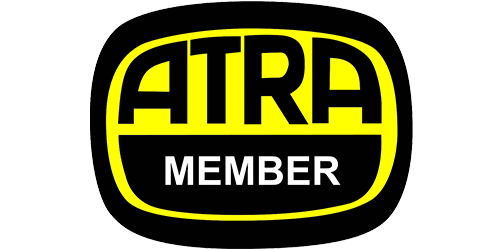If your car’s transmission ever takes a couple of seconds to engage after you switch gears, such as from drive to reverse, you are likely experiencing one of the most common problems that can arise with automatic transmissions. This issue is known as delayed engagement. There are several reasons why this problem can come up, some of which are more severe than others. Here we will look at what causes transmission delays, what you can do when they happen, and how you can prevent major problems from occurring.
What are the causes of transmission delays?
The essential problem at hand whenever a delayed engagement occurs is that the bands or clutches in your transmission have not operated as quickly as they are intended to. Often, the temperature outside can be a contributing factor to why the transmission takes a second or two to engage with a new gear. If the temperature outside is extremely cold or hot, delayed engagement becomes more likely. However, it is possible for your transmission to experience a delayed engagement no matter what the temperature is.
Regardless of the temperature, a delay can occur if the internal seals of your transmission have become hard or worn out because the transmission fluid has not been replaced as often as is necessary. These seals, when they are working properly, are essential for applying the bands or clutches necessary to get the vehicle to move in the direction you want it to go. Having an insufficient amount of transmission fluid can also cause a delay.
What should you do when a transmission delay occurs?
The first thing you should avoid doing when you experience a delay in the transmission is rev the engine. This could actually damage the bands and clutches, due to increased friction. What you should do instead is give the transmission the time it needs to engage.
Next, when you are able to, check the level of the transmission fluid. If you aren’t sure how to top up the fluid, check your owner’s manual. Also verify which type of transmission fluid you need, as various problems can arise if you use the wrong type. This includes issues with the application of the torque converter clutch and with shifting. The wrong fluid can even eventually cause transmission failure.
How can you prevent major problems from occurring?
If your fluid level is low, it is possible that there is a leak that you should have addressed by transmission repair shop. As a transmission delay is also possibly a sign of worn out or hardened seals, and repair may be needed.
Contact us today and get started with our transmission service.





